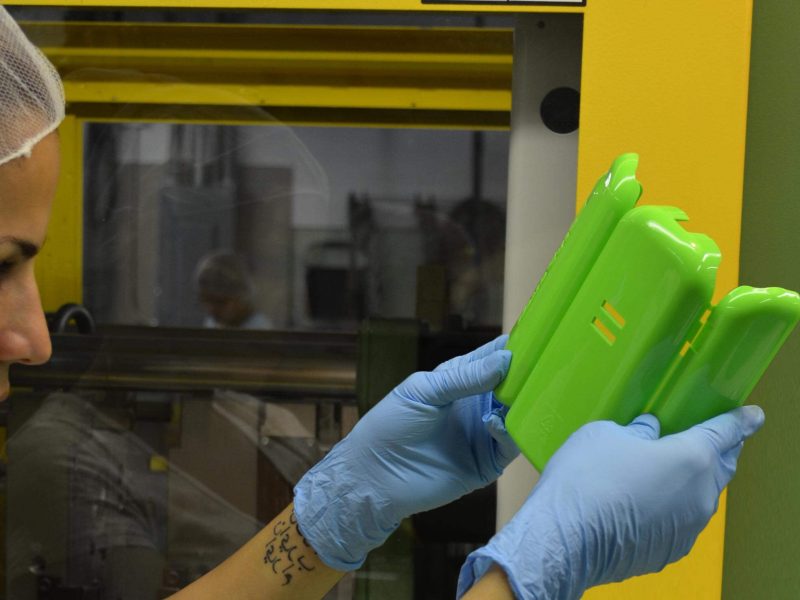
What Makes Healthcare a Fast-Growth Market for the Injection Molding Industry? Many Factors.
Many people are surprised to learn that the plastics industry is the nation’s third-largest industry and that plastic injection molding and extrusion, combined, make up about half of that industry. While plastics, in general, is a booming industry, plastic injection molding and extrusion processes make up approximately half of the plastics production industry and healthcare products are a huge sub-component of that market. That is because the injection molding industry is perfectly suited for the creation of healthcare products because of the reliability, affordability, strength, and interchangeable nature of molded plastic products.
When people think of healthcare, they often think of medical devices. While plastic injection molding is well-suited for the creation of plastic components and parts for the medical industry, what many people do not realize is that diagnostic tools are also part of the healthcare market. Many of these tools are geared for patient use at home and require plastic housing to protect them. IF Associates can customize plastic components and then mass produce them by injection molding to ensure consistency across these devices. Commonly recognized uses of these diagnostic tools include pregnancy tests, ovulation predictor kits, and home drug-testing kits. Demand for products like these continues to grow and shows that consumers are driving a demand for at-home diagnostics.
Other commonly used custom plastic parts for the medical industry include housings and couplings for IV lines and syringes. These disposable parts are chosen, in part, because the use of sterilized new parts reduces the risk of infection. Additionally, one of most interesting aspects of this use is that certain plastics can be created with antimicrobial properties, further reducing the risk of infection, which can be critically important in patients with any type of immunosuppression. In addition, plastics are considered hypoallergenic, which means that plastics can be used in place of some traditional materials, such as metals, for patients with documented allergies or in patients where allergies are unknown.
Plastic injection molding also helps drive medical innovation. For years, prohibitive prototype costs and difficulties in moving from prototype to mass production stifled innovation. However, with the growing popularity of plastic injection molding for medical devices and advances in plastics used in those devices, doctors, engineers, and inventors can more readily move from design to prototype to mass production. Because innovation seems to encourage further innovation, it seems likely that the plastic injection molding industry will continue to encourage healthcare innovation, making it a strong growth industry.
